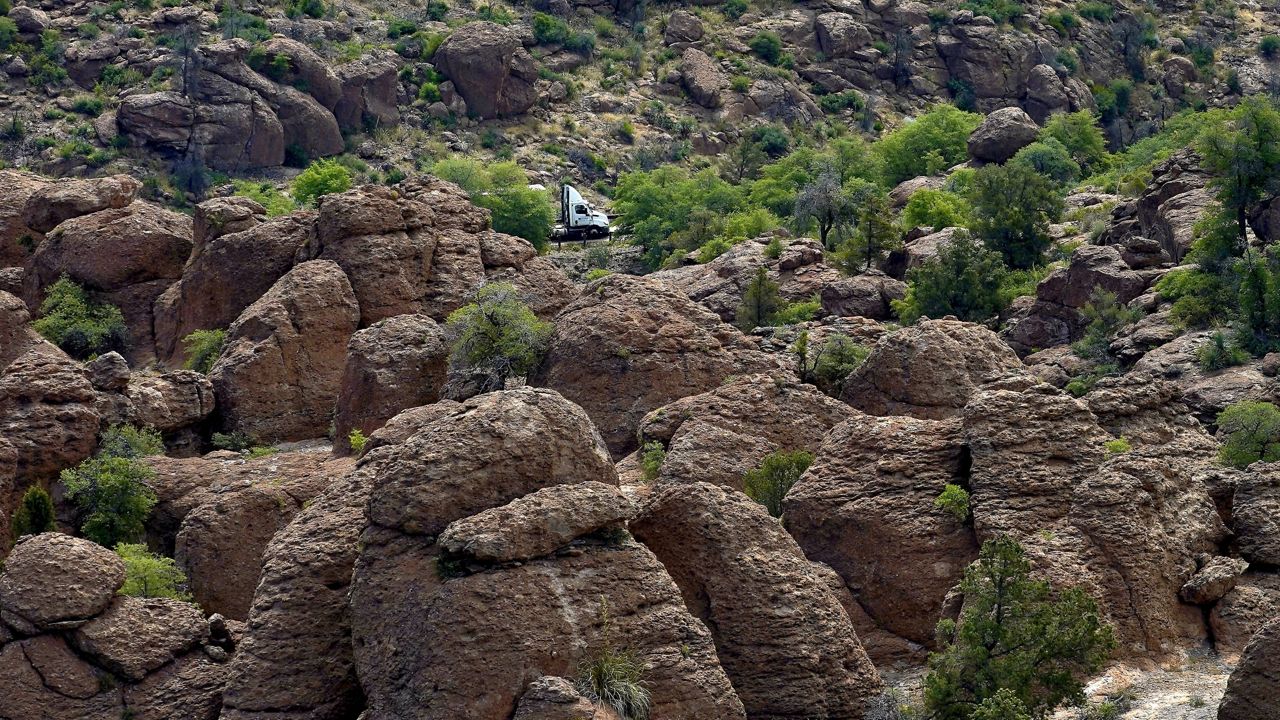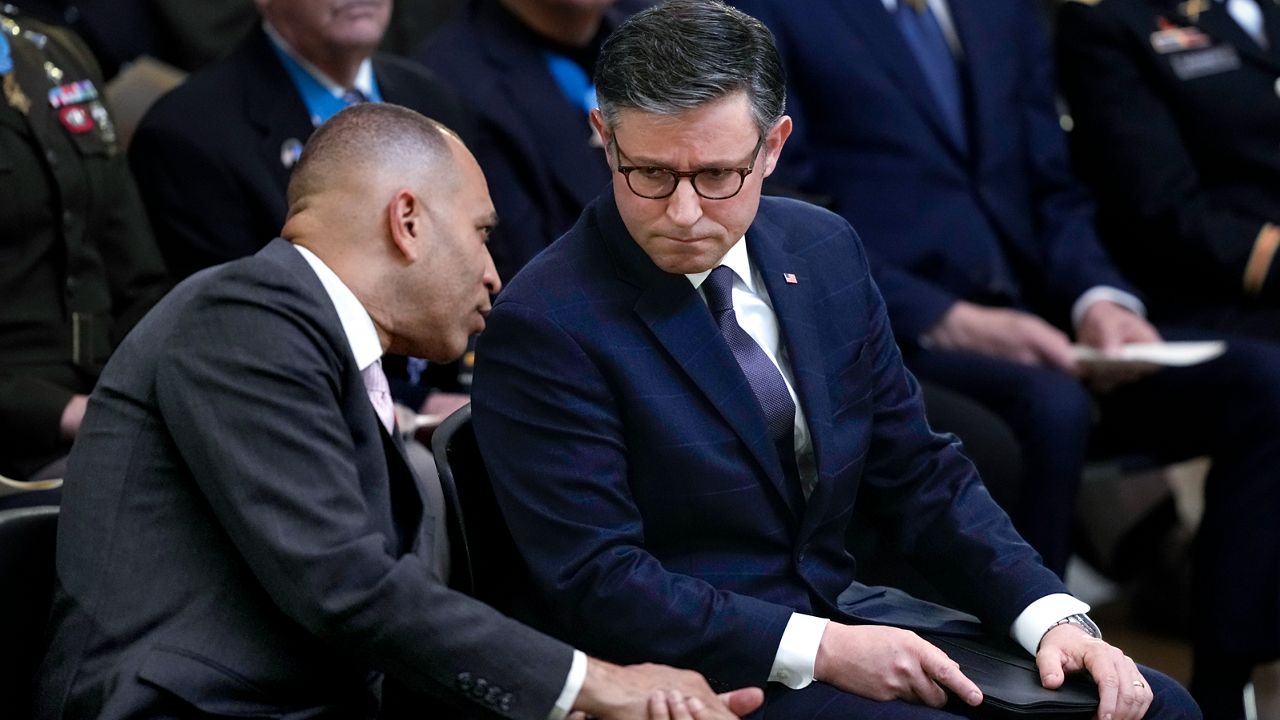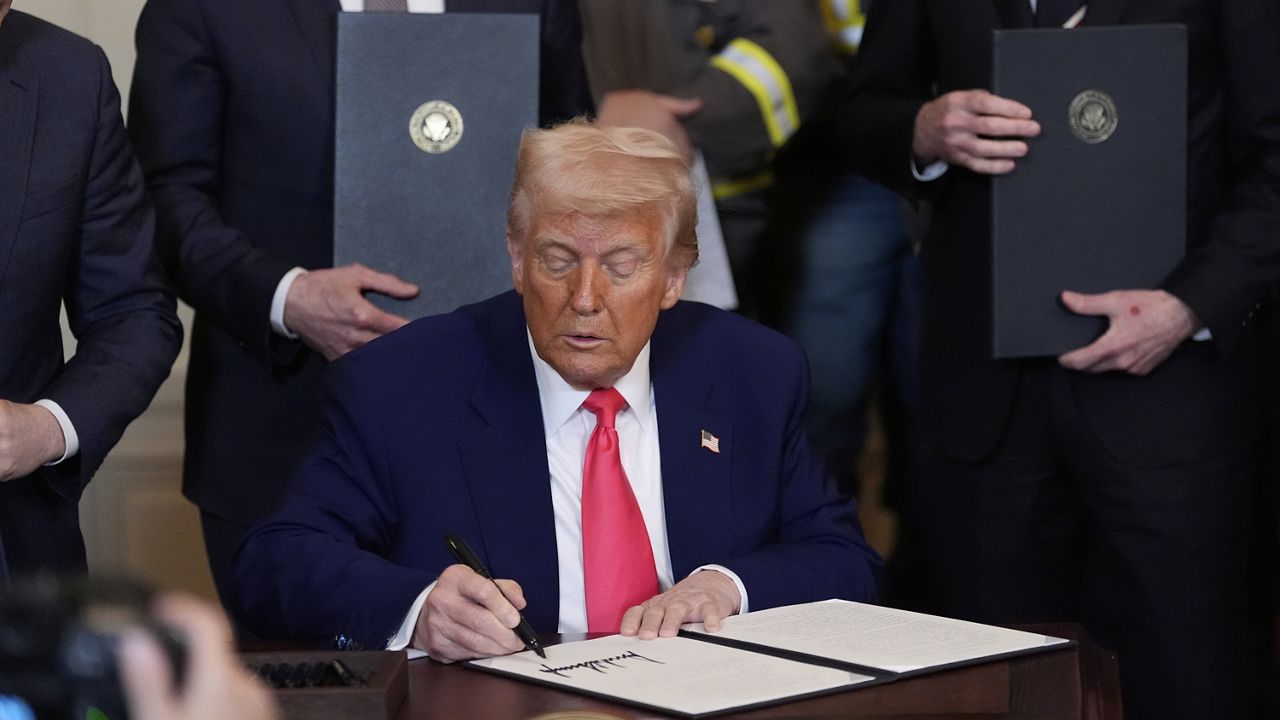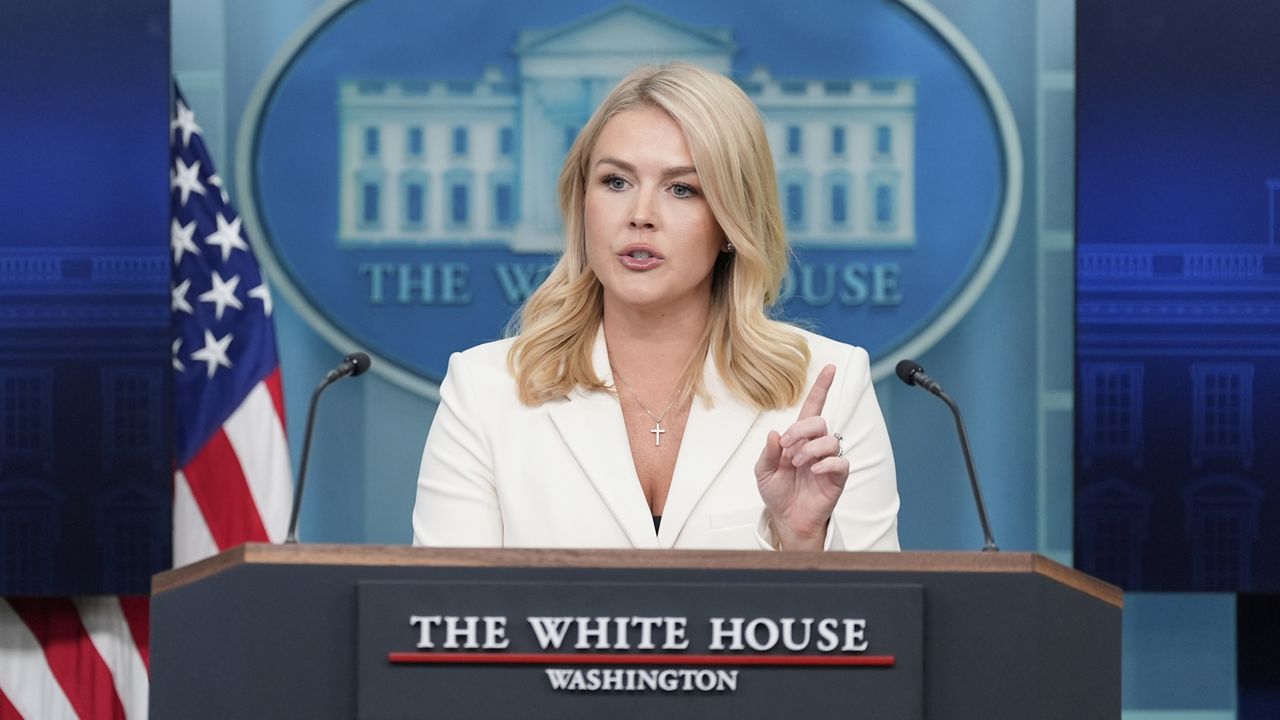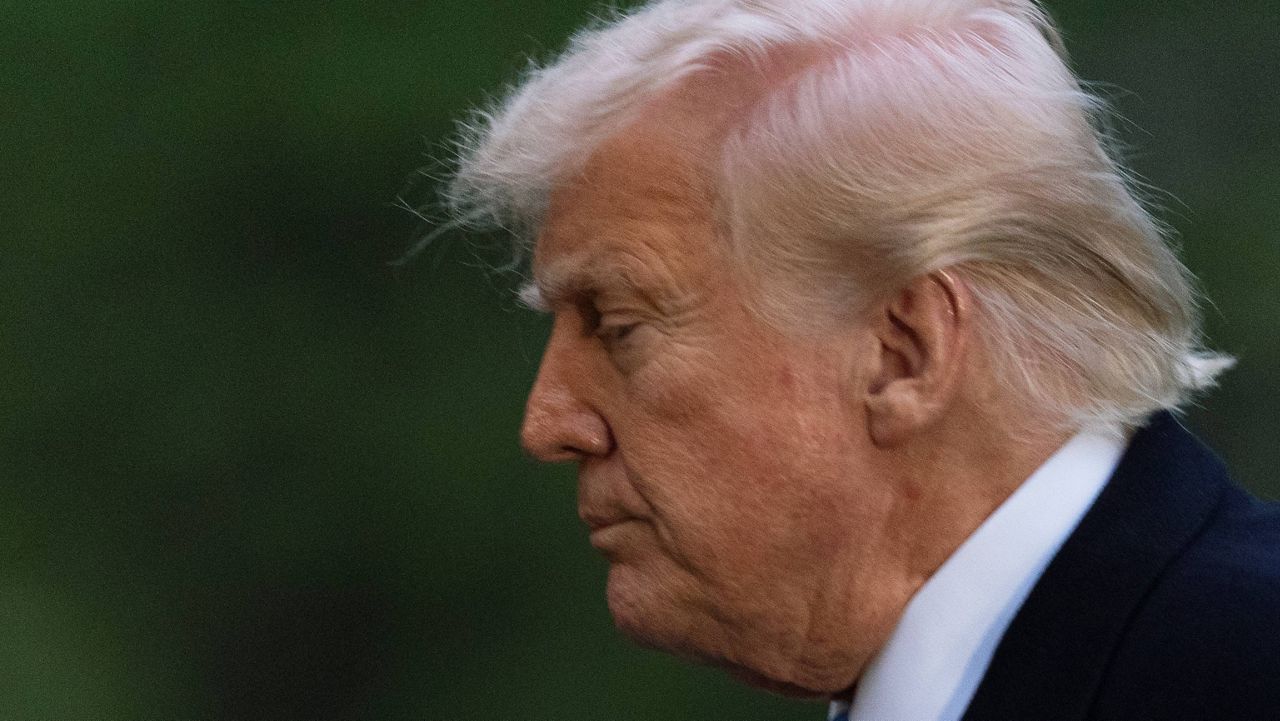Republican House members sought to shed light on the United States’ dependence on foreign countries for critical minerals and called for ramping up domestic production during a field hearing in Arizona on Friday.
“Without such minerals we would not be in a room like this benefiting from the LED lights, air conditioning, WIFI and a host of other amenities.” Rep. Paul Gosar, R-Ariz., said during his opening statement at a House Natural Resources subcommittee hearing.
Gosar and other GOP members present on Friday argued the Biden administration has stifled mining in the U.S., revisiting concerns expressed to President Joe Biden’s Interior Secretary Deb Haaland when she testified at a separate House hearing in March.
“There are so many who oppose mining and seek to shut down existing mines and stop new mines. I find their arguments for doing so irrational and beyond comprehension,” Gosar said.
The Biden administration canceled two minerals leases proposed by a copper and nickel mine in Minnesota last year. But the president has also put increased attention on critical minerals as he pushes for clean energy technologies — something such minerals are crucial for.
Last week, the Department of Energy announced $32 million — coming from the bipartisan infrastructure law Biden signed in Nov. 2021 — will go toward building facilities that produce such minerals, billing the move as part of the president’s investing in America agenda.
“The President’s transformative investments will strengthen our national security by lessening our dependence on international supply chains, while delivering high-quality jobs and healthier communities for all Americans,” Energy Secretary Jennifer Granholm said in a statement announcing the funding.
Many in both parties generally agree that critical minerals are important moving forward and have expressed concern about America’s reliance on foreign nations, specifically China, for them. But Republicans on Friday argued Biden’s policies only increase the dependence.
“I truly believe that the policies that the Biden administration and Democrats are putting forward, benefits China, does not benefit the United States, and we better wake up. We better wake up. We better get our act together. Because otherwise we're going to be speaking Mandarin,” Rep. Debbie Lesko, R-Ariz., said.
Most EVs use rare earth elements geographically concreted in China and the country produces 60% to 70% of lithium and cobalt, which are essential to EV batteries, according to an International Energy Agency report.
Lesko on Friday argued the president is “putting forth mandates” on electric vehicles, solar and wind while halting mines in Arizona and Minnesota.
“You can't have it both ways, although they do because people aren't paying attention,” she argued.
The Inflation Reduction Act, which Biden signed in August of last year, included tax credits for electric vehicles as the president pushes for the ambitious goal that half of new passenger vehicles sold in the U.S. run on electricity by 2030.
The administration conceded that rules later laid out by the Treasury Department means that fewer electric vehicles will be eligible for tax credits in the short term. The rules set requirements that EV’s batteries and components must come from the U.S. to qualify for the credit — a move aiming to reduce U.S. dependence on China and other countries for battery supply chains for electric vehicles.
In March, the U.S. signed a critical minerals agreement with Japan, which the administration said in a press release will “strengthen and diversify critical minerals supply chains and promote the adoption of electric vehicle battery technologies.”
Last month, Biden and U.K. Prime Minister Rishi Sunak announced they were starting talks on a potentially similar agreement following a meeting at the White House.




